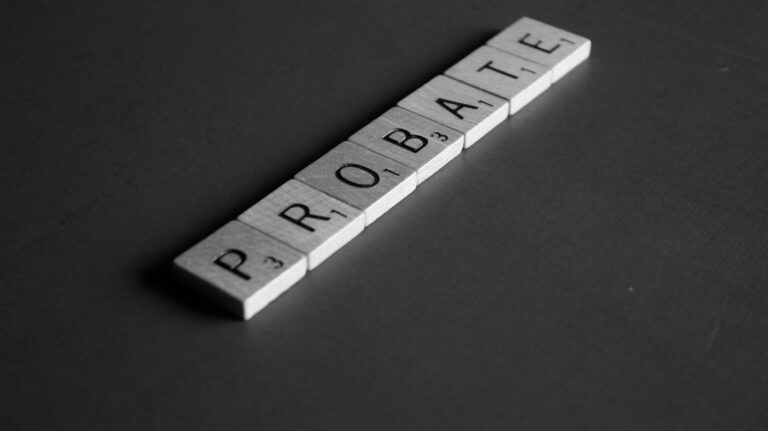
No Will? What Happens Now Can Be a Horror Show
Families who have lived through settling an estate without an estate plan will agree that the title of this article, “Preventing the Horrors of Dying Without a Will,” from Next Avenue, is no exaggeration. When the family is grieving is no time to be fighting, yet the absence of a will and an estate plan leads to this exact situation.
Why do people procrastinate having their wills and estate plans done?
Limited understanding about wealth transfers. People may think they do not have enough assets to require an estate plan. Their home, retirement funds or savings account may not be in the mega-millions, but this is actually more of a reason to have an estate plan.
Fear of mortality. We do not like to talk or think about death. However, talking about what will happen when you die or what may happen if you become incapacitated is very important. Planning so your children or other trusted family member or friends will be able to make decisions on your behalf or care for you alleviates what could otherwise turn into an expensive and emotionally disastrous time.
Perceived lack of benefits. Working with an experienced estate planning attorney who will put your interests first means you will have one less thing to worry about while you are living and towards the end of your life.
Estate planning documents contain the wishes and directives for your legacy and finances after you pass. They answer questions like:
- Who should look after your minor children, if both primary caregivers die before the children reach adulthood?
- If you become incapacitated, who should handle your financial affairs, who should be in charge of your healthcare and what kind of end-of-life care do you want?
- What do you want to happen to your assets after you die? Your estate refers to your financial accounts, personal possessions, retirement funds, pensions and real estate.
Your estate plan includes a will, trusts (if appropriate), a durable financial power of attorney, a health care power of attorney or advanced directive and a living will. The will distributes your property and also names an executor, who is in charge of making sure the directions in the will are carried out.
If you become incapacitated by illness or injury, the POA gives agency to someone else to carry out your wishes while you are living. The living will provides an opportunity to express your wishes regarding end-of-life care.
There are many different reasons to put off having an estate plan, but they all end up in the same place: the potential to create family disruption, unnecessary expenses and stress. Show your family how much you love them, by overcoming your fears and preparing for the next generation. Meet with an estate planning attorney and prepare for the future.
Reference: Next Avenue (March 21, 2022) “Preventing the Horrors of Dying Without a Will”

